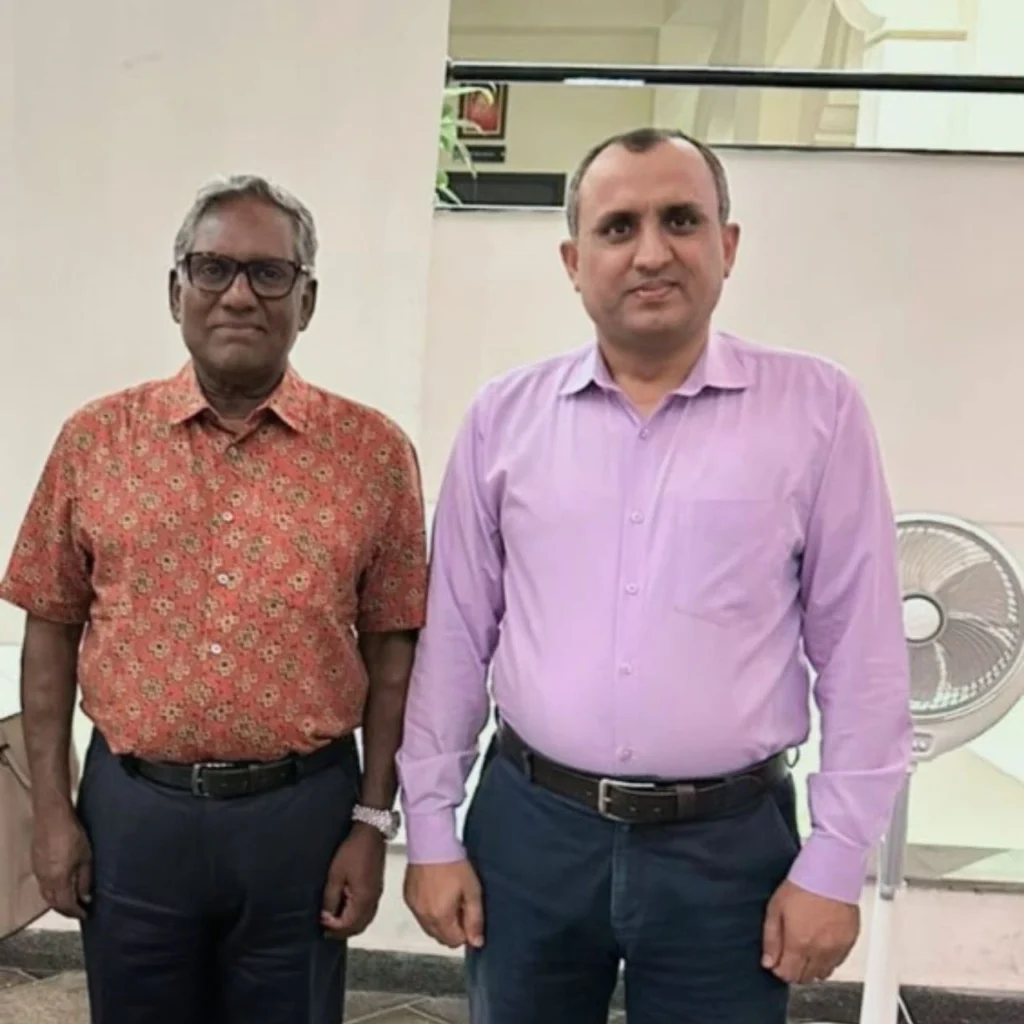Akhuwat: A Revolution of Compassion, Education, and Transformation
In a world where economic disparity continues to widen the divide between privilege and poverty, Akhuwat stands as a symbol of hope, dignity, and self-reliance. More than an organization, Akhuwat is a revolution—one that replaces charity with opportunity, dependence with self-sufficiency, and barriers with limitless possibilities. At the heart of this movement is Dr. Amjad Saqib, a visionary who transformed a simple idea into a global model of social justice. His philosophy, rooted in Mawakhat (brotherhood), is not just a vision—it is a call to action. Dr. Amjad Saqib reminds us of the stark reality of poverty: جب تک پاکستان میں ایک بھی شخص غریب ہے، ہم سب غریب ہیں۔ (“As long as even a single person in Pakistan remains poor, we are all poor.”) Poverty is not just the struggle of the underprivileged—it is a test for society as a whole. True progress lies not in individual success but in collective advancement, ensuring that no one is left behind. Reviving the Spirit of Brotherhood History does not remember societies for their wealth but for their compassion. The Ansar of Madinah did not just extend their generosity—they shared their homes, resources, and livelihoods, ensuring dignity for all. This principle of Mawakhat—of giving without superiority and receiving without inferiority—became the foundation of one of the most just societies in history. Akhuwat revives this sacred tradition, ensuring that those who receive support today become givers tomorrow, continuing the cycle of compassion, dignity, and empowerment. As Dr. Amjad Saqib beautifully puts it: آسمان اور زمین کے درمیان جو کچھ ہے، وہ سب رب کا ہے، اور جو رب کا ہے، وہ سب کا ہے۔ (“Everything between the heavens and the earth belongs to the Creator, and what belongs to the Creator belongs to all.”) This philosophy drives Akhuwat’s commitment to collective well-being—resources should not be hoarded by a few but should uplift all of humanity. The Vision of Akhuwat: Beyond Charity, Toward Empowerment Akhuwat’s mission extends beyond financial assistance. It aims to eradicate poverty through education, ethical leadership, and economic self-reliance. Unlike traditional charitable models, Akhuwat focuses on self-sufficiency, dignity, and community service, ensuring that today’s beneficiaries become tomorrow’s leaders. Dr. Amjad Saqib believes that the lack of opportunities—not the lack of talent—traps people in poverty: لوگ اس لیے غریب نہیں کہ ان میں صلاحیت کی کمی ہے، لوگ اس لیے غریب ہیں کیونکہ ہم انہیں مواقع نہیں دیتے۔ (“People are not poor because they lack ability; they are poor because we do not provide them with opportunities.”) This belief drives Akhuwat’s holistic approach—empowering individuals through education, financial support, and leadership training, so they can break the cycle of poverty and transform their communities. Akhuwat’s Residential Institutions: A Gateway to Transformation Akhuwat’s most powerful testament to its vision is Pakistan’s first-ever tuition-free residential institutions, established in Kasur and Chakwal. These centers of learning provide not just education but a life-changing experience, equipping talented youth from underserved backgrounds with knowledge, mentorship, and opportunities for success. What Sets ACK and ACWC Apart? At Akhuwat, students don’t just earn degrees—they define their destinies. Education is not just about acquiring knowledge; it is about awakening the soul, igniting curiosity, and cultivating the will to transform society. Akhuwat’s Impact: A Model for the Future Akhuwat’s success lies in its multi-dimensional approach, which combats poverty through education, financial inclusion, and social reform. This cycle of giving, learning, and leading creates long-lasting change, not temporary relief. “If wealth does not serve humanity, it is a burden, not a blessing.” — Dr. Amjad Saqib The Ripple Effect: Transforming Generations The impact of Akhuwat extends far beyond the individuals it supports. A student educated is not just changing their own life—they are uplifting entire families, communities, and future generations. “When you lift one person out of poverty, you change not just one life, but generations to come.” — Dr. Amjad Saqib By transforming recipients into leaders and philanthropists, Akhuwat is creating a new wave of changemakers who will continue this mission for years to come. Be the Change: How You Can Support Akhuwat Akhuwat’s success is driven by those who believe in a world where opportunity is a right, not a privilege. This is your chance to be part of something greater—something truly extraordinary. “Akhuwat is not just a non-profit organization; it is a movement that transforms hearts, minds, and actions.” — Dr. Amjad Saqib Conclusion: A Legacy of Leadership and Impact Akhuwat proves that compassion, when structured with purpose, can change the world. It is not about helping the poor—it is about eliminating poverty through opportunity. It transforms students into leaders, recipients into donors, and barriers into breakthroughs. This philosophy is best captured in the words of Dr. Amjad Saqib, who states, “True success is not in accumulating wealth, but in distributing it for the betterment of others.” The future is not shaped by those who wait—it is built by those who act. Step forward. Transform lives. Shape history—with Akhuwat.



